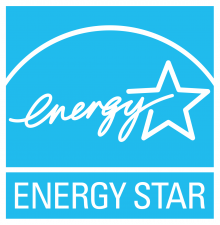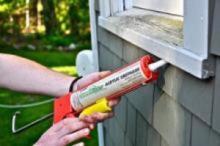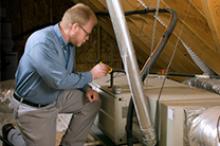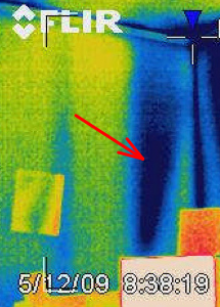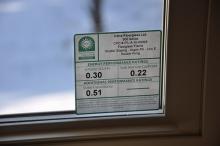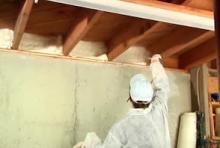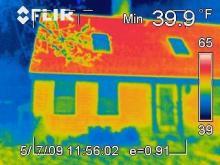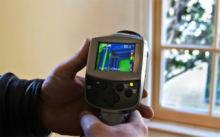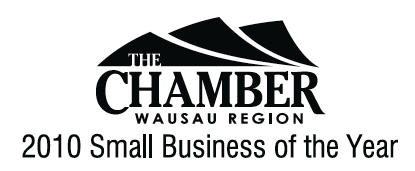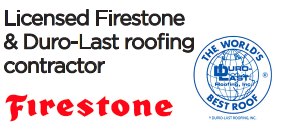Learn more about home energy audits, infrared diagnostic testing, home performance, the economics of energy efficiency vs. renewables, and other essential information to start making your house more comfortable (and more affordable) today:
Sometime during your crusade to seal those energy robbing cracks and holes in your home, you're bound to start asking yourself, "Isn't air flow important for a healthy home? Can I take this whole thing to the extreme?"
Consulting with a certified home performance professional is the best way to determine the cause of your discomfort, because their fancy infrared cameras can pinpoint exactly where air leakage is taking place, as well as where insulation is performing poorly (or where your walls may be lacking... Read more
There's understandably a lot of excitement about photovoltaics, solar water heaters, geothermal heat pumps and other sources of renewable energy for the home. We all want to be self-sufficient. It's part of our national psyche. And, particularly for the environmentally motivated among us, the... Read more
Home Performance is a philosophy and a science based on the premise that homes should be safe, healthy, comfortable, durable, and efficient.
After all, homes — probably the biggest investment most of us will ever make — are one of the few things we purchase that don't come with an instruction... Read more
Homes burn through a mortifying 21% of the energy used in the United States. A lot of that energy is spent heating and cooling your house. And even worse, a whole lot of that energy is spent heating and cooling your backyard and front porch, through leaks and holes in your building envelope.
... Read more
One of the key components of an effective home energy audit is infrared thermography. Infrared thermography (or infrared imaging, infrared diagnostics, a rose by any other name...) consists of a thorough visual inspection of a home, including the basement, attic, and all the nooks and crannies,... Read more
Your utility bill may be shocking, but it offers few helpful details: it doesn't tell you when your energy use peaks, doesn't explain how best to reduce power consumption, and doesn't tell you how your home is spending your money.
You may be eligible for up to $1500 in air sealing and insulation costs

